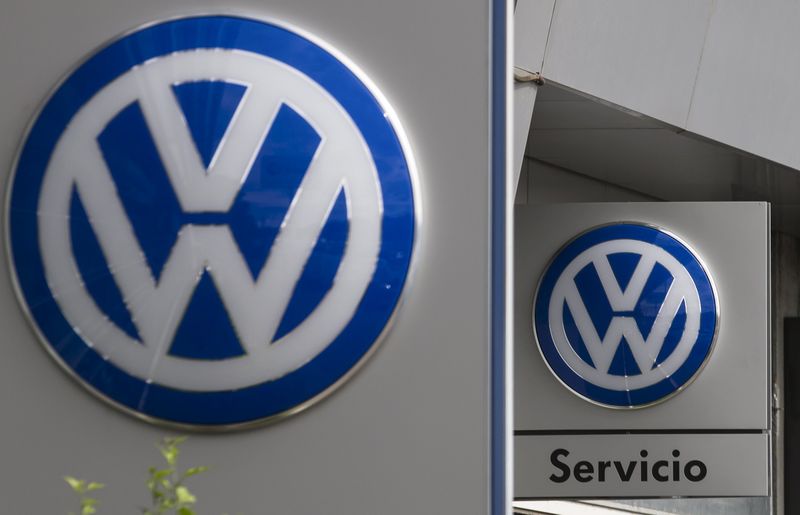By Barbara Lewis
BRUSSELS (Reuters) - The European Parliament on Tuesday stoked the pressure on EU regulators to end emissions cheating in the car industry with a resolution urging swift adoption of tougher vehicle testing and early results of investigations into what went wrong.
Europe's largest carmaker Volkswagen (DE:VOWG_p) is battling the biggest business crisis in its 78-year history after admitting in September it installed software in diesel vehicles to deceive regulators about their toxic emissions.
The European Commission, the EU executive, has had evidence for years of a yawning gap between the performance of cars in the real world and in test conditions and has proposed legislation to improve the testing regime.
A resolution backed by a majority of members of the European Parliament meeting in Strasbourg demanded the Commission report to the EU assembly following "a full and transparent investigation" by the end of March next year.
It also called for swift implementation of real driving emissions tests to close the gap between the amount of emissions cars produce on the road as opposed to in artificial test environments.
"We now have the political momentum for a radical overhaul," Liberal Democrat politician Catherine Bearder said in a statement.
The resolution is not binding but increases pressure on the Commission and member states, whose representatives are expected to vote in a closed-door meeting on Wednesday on the proposed new testing regime.
The Commission has proposed real-world testing for nitrogen oxides should begin next year but full implementation for new models would only be phased in from 2017, seven years after the European Commission announced the initiative.
Carole Dieschbourg, environment minister for Luxembourg, holder of the EU presidency, said after a meeting on Monday that ministers from most nations had expressed the need for urgent action, while Industry Commissioner Elzbieta Bienkowska said ministers were "very close" to agreeing a compromise.
EU sources have said the nations lobbying to weaken the proposal include Germany, home to Volkswagen.
"Governments like Germany's must rise from under the wheels of the car lobby to put air quality before big business," Greenpeace climate and energy expert Jiri Jerabek said.
Nitrogen oxides from diesel cars are a prime source of air pollution that has been blamed for more than 400,000 premature deaths in the EU yearly, according to Commission data, and costs up to 940 billion euros (0.68 trillion pounds) annually because of health bills.

Separately, the European Parliament will on Wednesday vote on proposals to reduce limits for air pollutants, such as nitrogen oxides. Member states will get their chance to rule on the plans later this year.